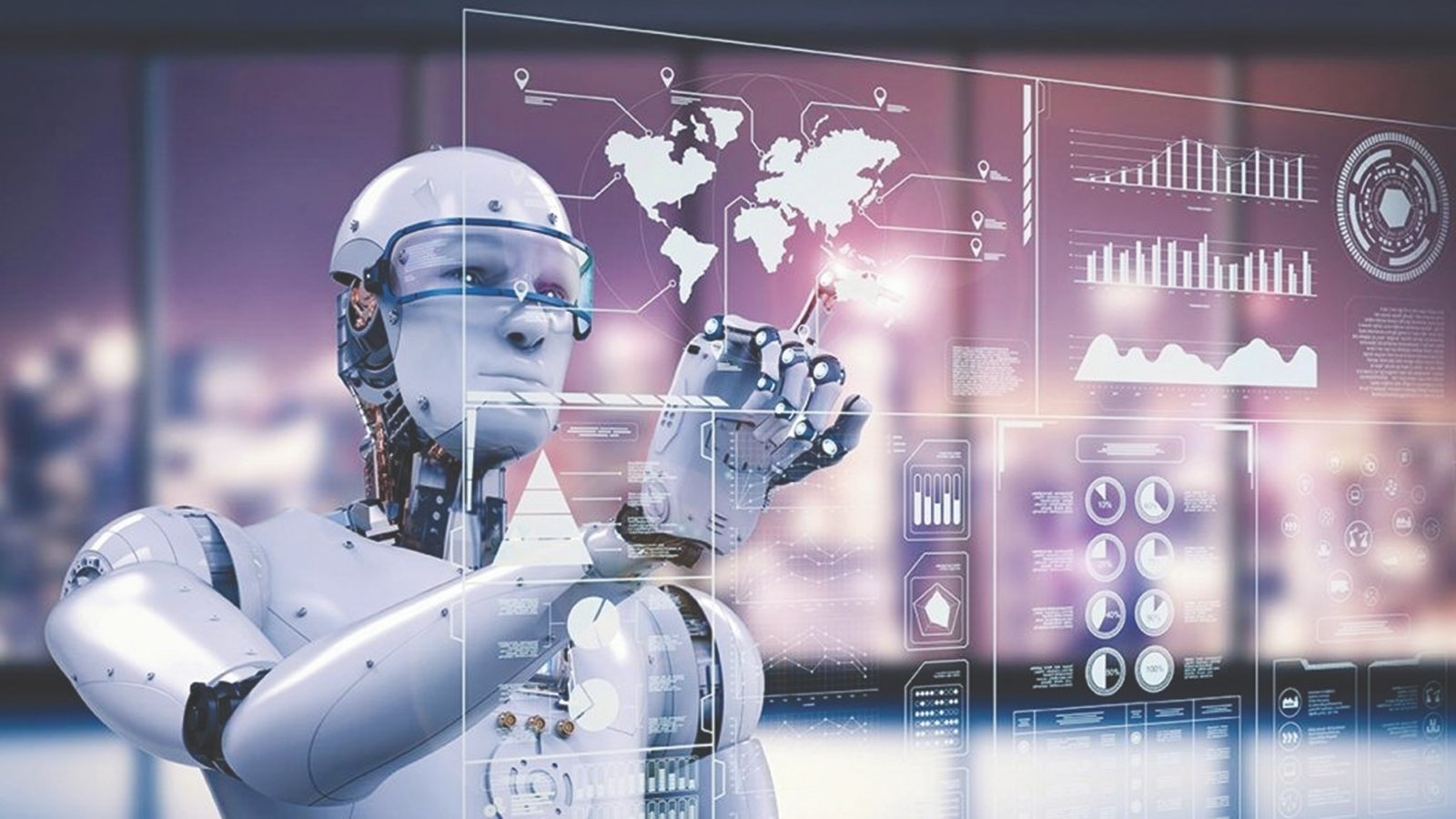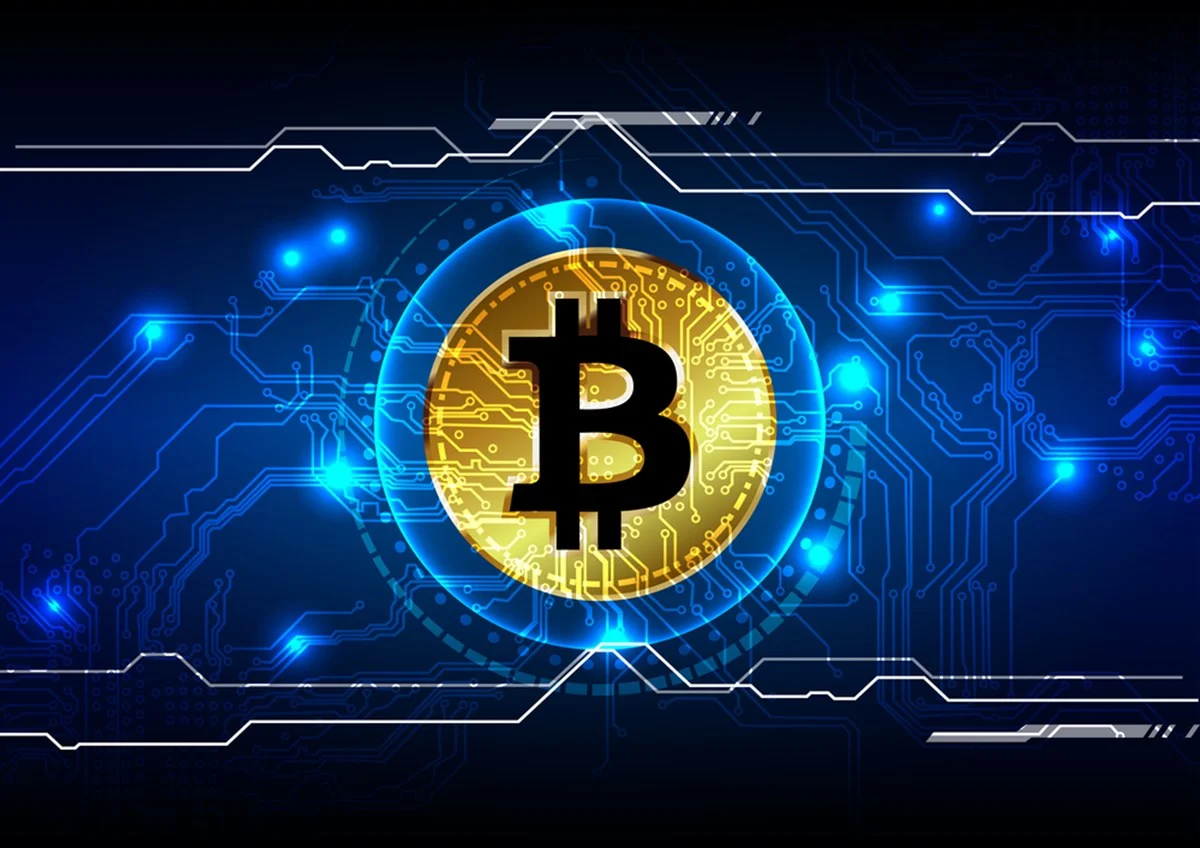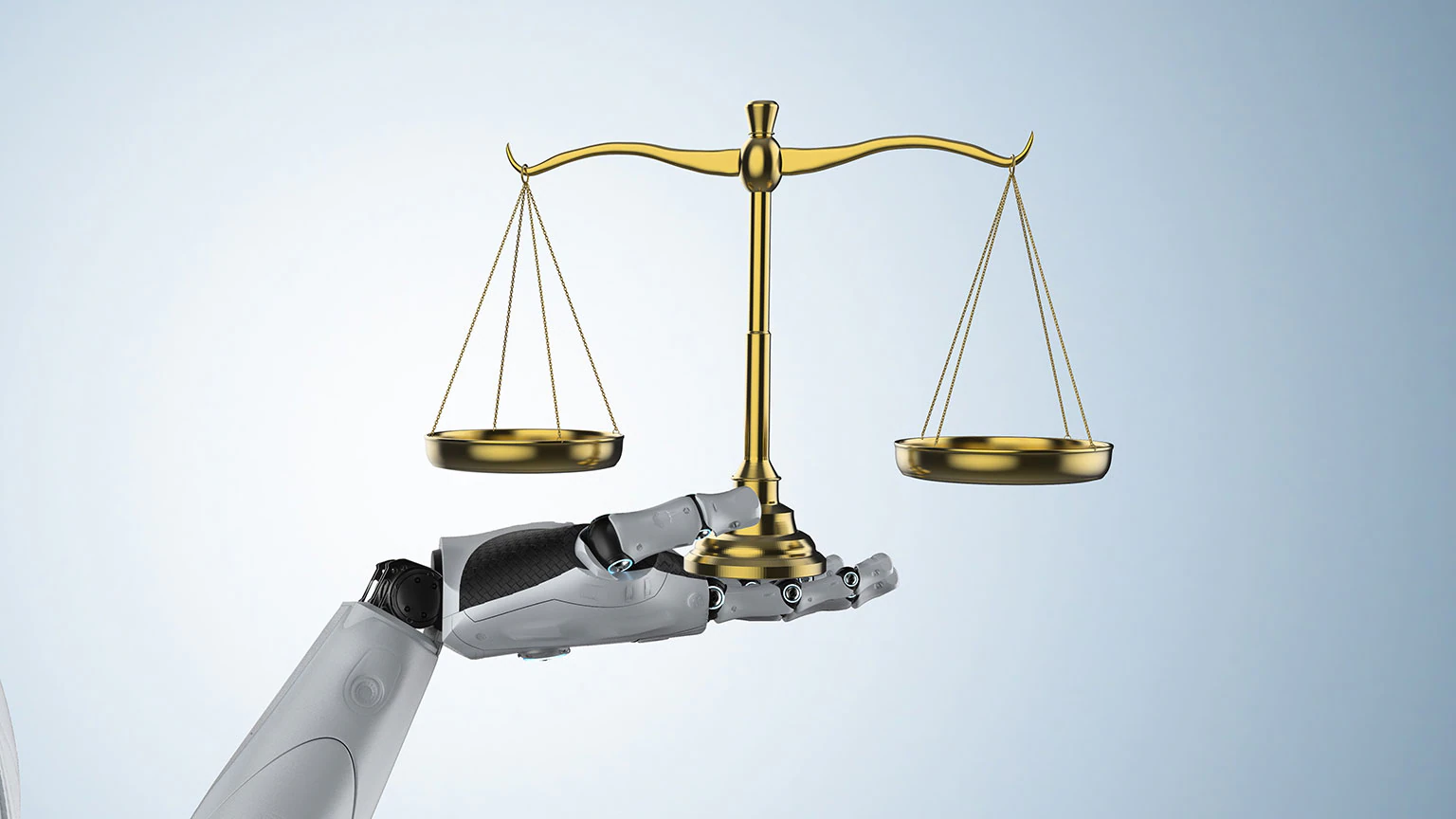Artificial intelligence (AI) companies face significant legal hurdles when it comes to defending against copyright infringement claims. This issue centers on the use of copyrighted materials to train generative AI systems, which has sparked numerous lawsuits and raised complex questions about copyright law’s applicability to AI-generated content.
Who and What? Major AI companies like Stability AI, OpenAI, and Midjourney find themselves at the forefront of this controversy. These companies have been accused of using copyrighted works—ranging from images to texts—without proper authorization to train their AI models.
When and Where? This issue has been unfolding over recent years, gaining prominence as AI technologies become more integrated into various industries. Legal battles are taking place primarily in U.S. federal courts, with significant cases reported in California and New York.
Why? The crux of the issue lies in whether AI companies can use copyrighted content for training purposes under the guise of fair use or other legal defenses. This has significant implications for the development of AI technologies and the protection of intellectual property.
The Core Legal Arguments
- Direct Infringement by Reproduction: Plaintiffs argue that AI companies commit direct copyright infringement by reproducing copyrighted works to train their AI systems. Courts have not yet definitively resolved whether such copying constitutes infringement, allowing cases to advance beyond preliminary stages to more substantive legal arguments.
- Derivative Works: There is also debate over whether AI-generated outputs should be considered derivative works. This hinges on whether these outputs are substantially similar to the copyrighted materials used during training. The resolution of this issue will dictate the extent of legal protections afforded to original creators versus AI developers .
- Fair Use Defense: AI companies often claim that their use of copyrighted works constitutes fair use, a defense that has yet to be fully tested in the context of AI. The fair use doctrine involves a four-factor test, which in the case of AI, tends to be complicated by the commercial nature of most AI platforms and the potential for AI to replace original works in the market.
Challenges in Court
Recent rulings have shown a willingness among judges to allow copyright cases against AI companies to proceed, suggesting that the judiciary is still exploring the appropriate legal frameworks for these technologies. For instance, a judge allowed artists to proceed with claims against Stability AI and others for using their artwork without permission to train AI models, marking a significant step in defining copyright norms in the AI era.
Personal Experiences and Broader Implications
As someone who keeps an eye on these developments, the progression of these cases is pivotal. They not only impact the companies involved but also influence the broader landscape of technology and creativity. The outcomes could reshape how AI companies operate and manage their training datasets, ensuring they balance innovation with respect for intellectual property rights.
The intersection of AI and copyright law is a dynamic and evolving area, filled with legal, technical, and ethical complexities. As AI continues to push the boundaries of what is possible, it also challenges existing legal frameworks to adapt and address new realities. This ongoing legal discourse will likely continue to shape the future of AI development and intellectual property rights in significant ways.






























